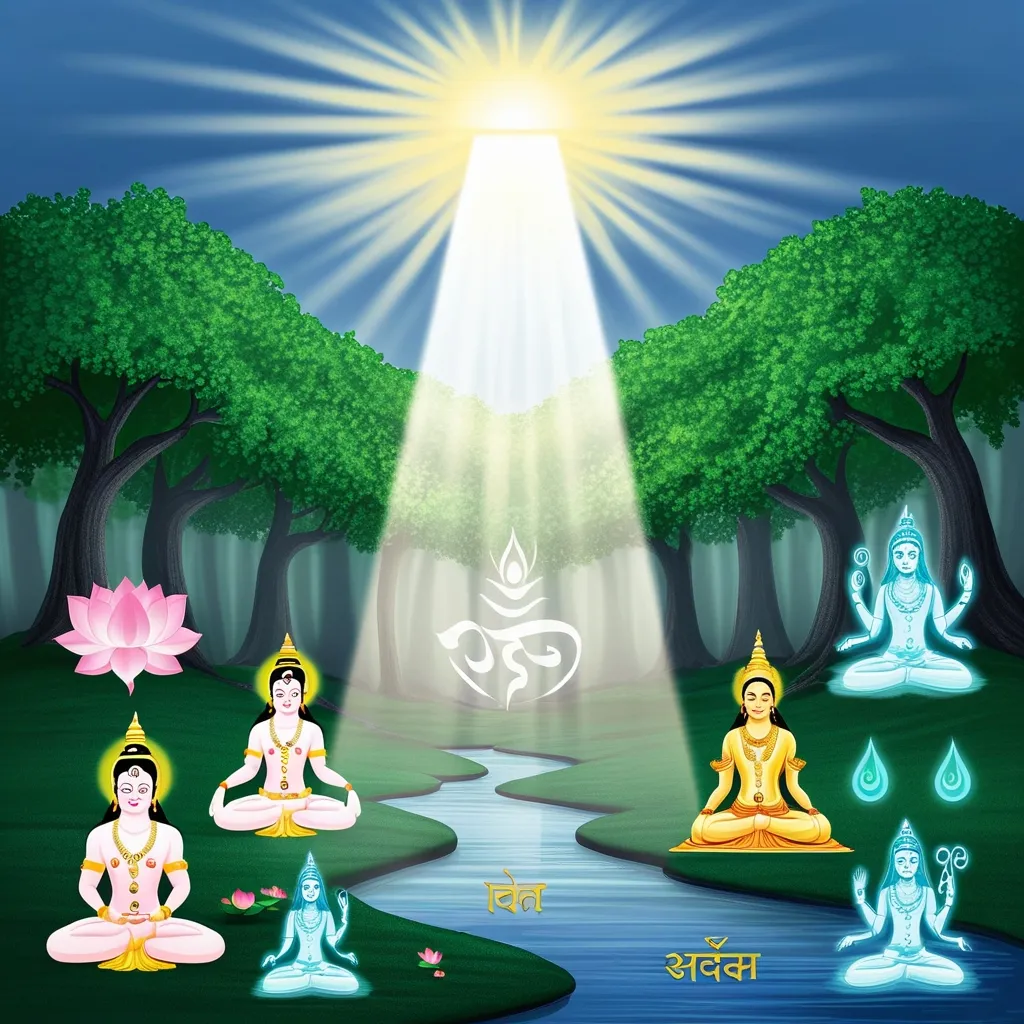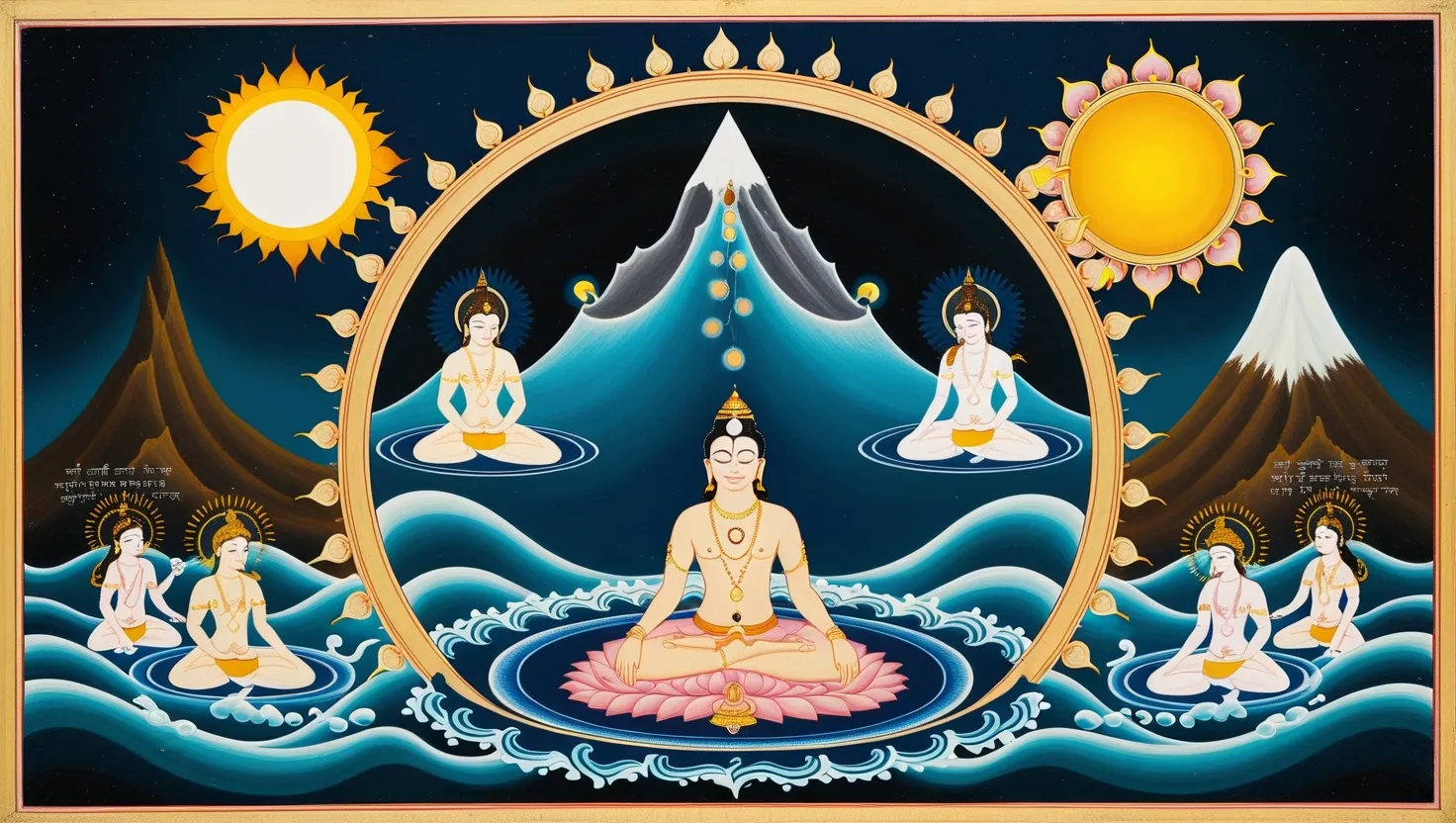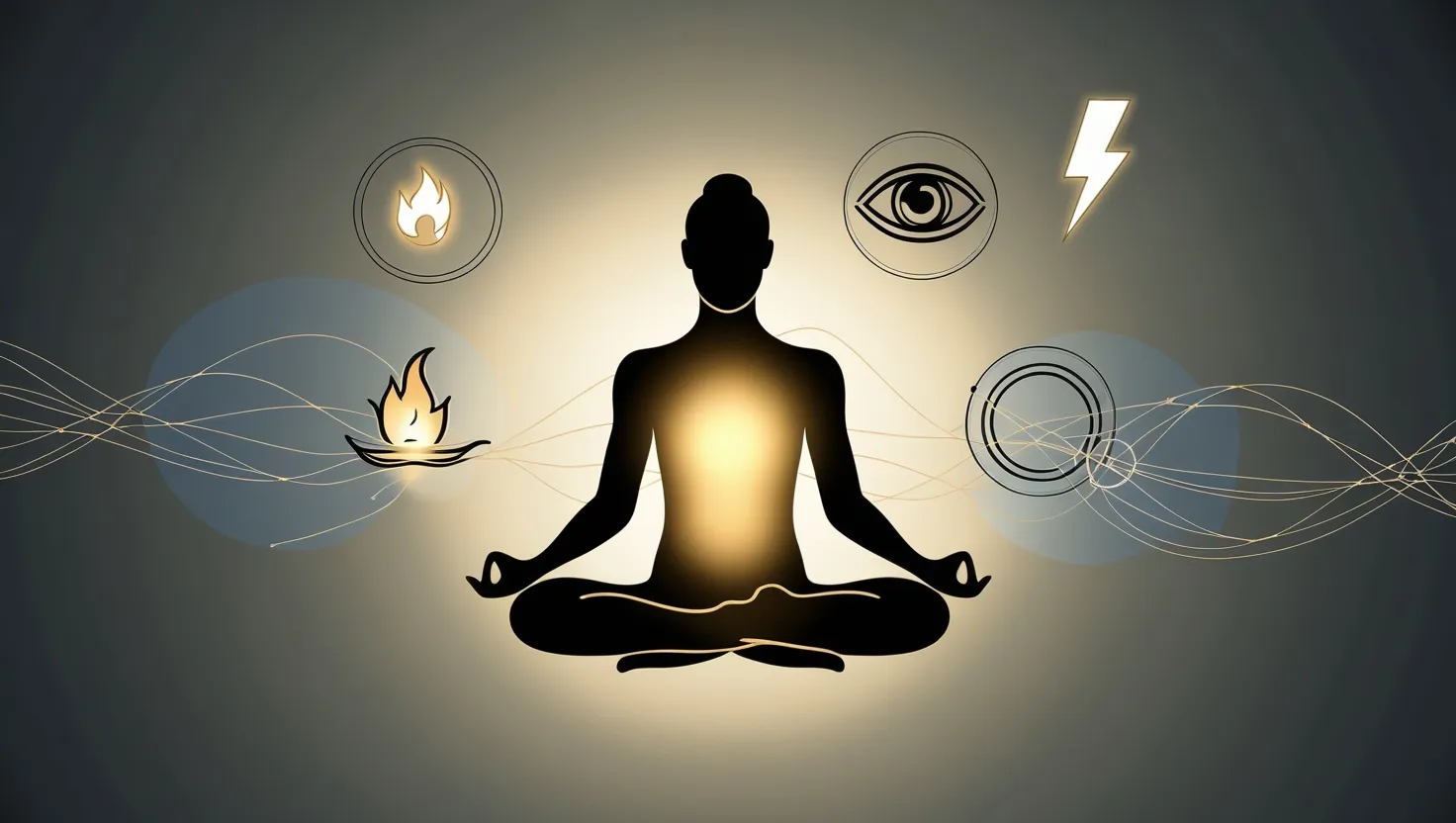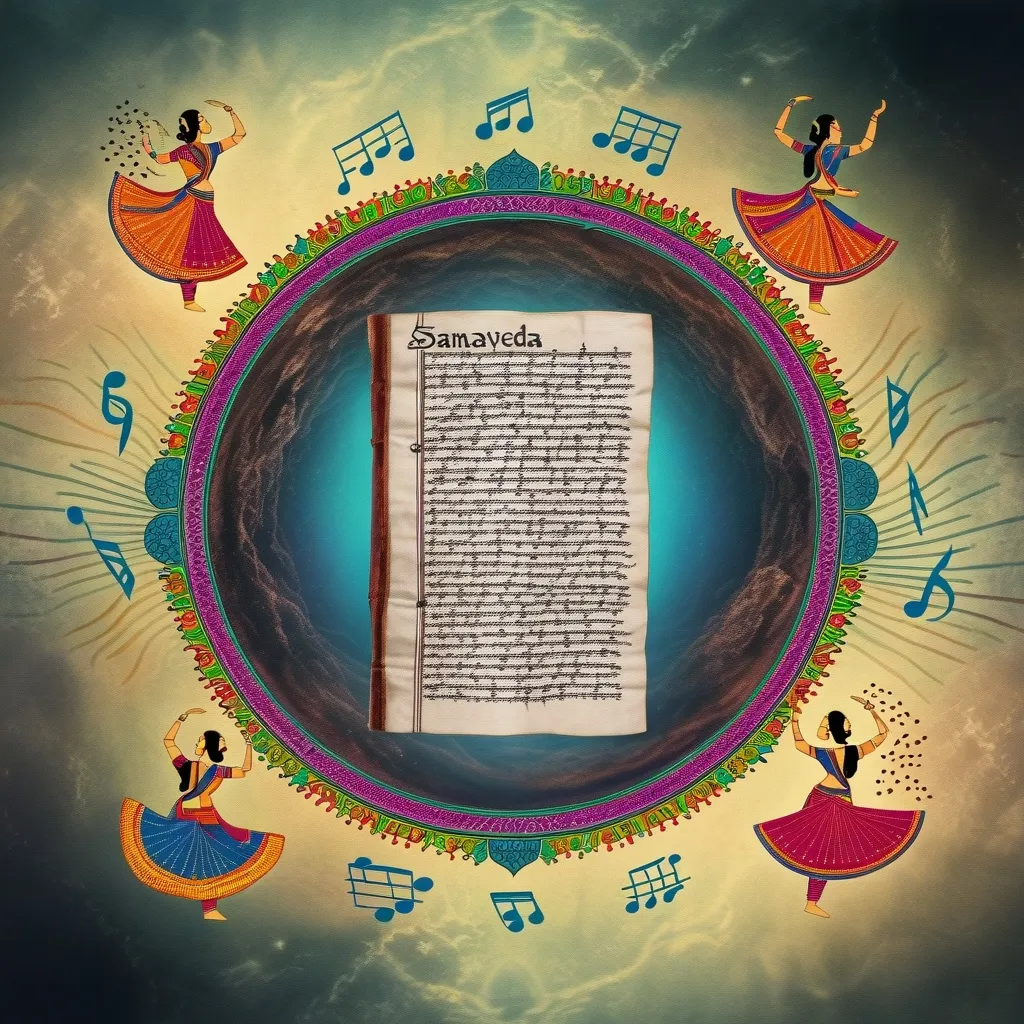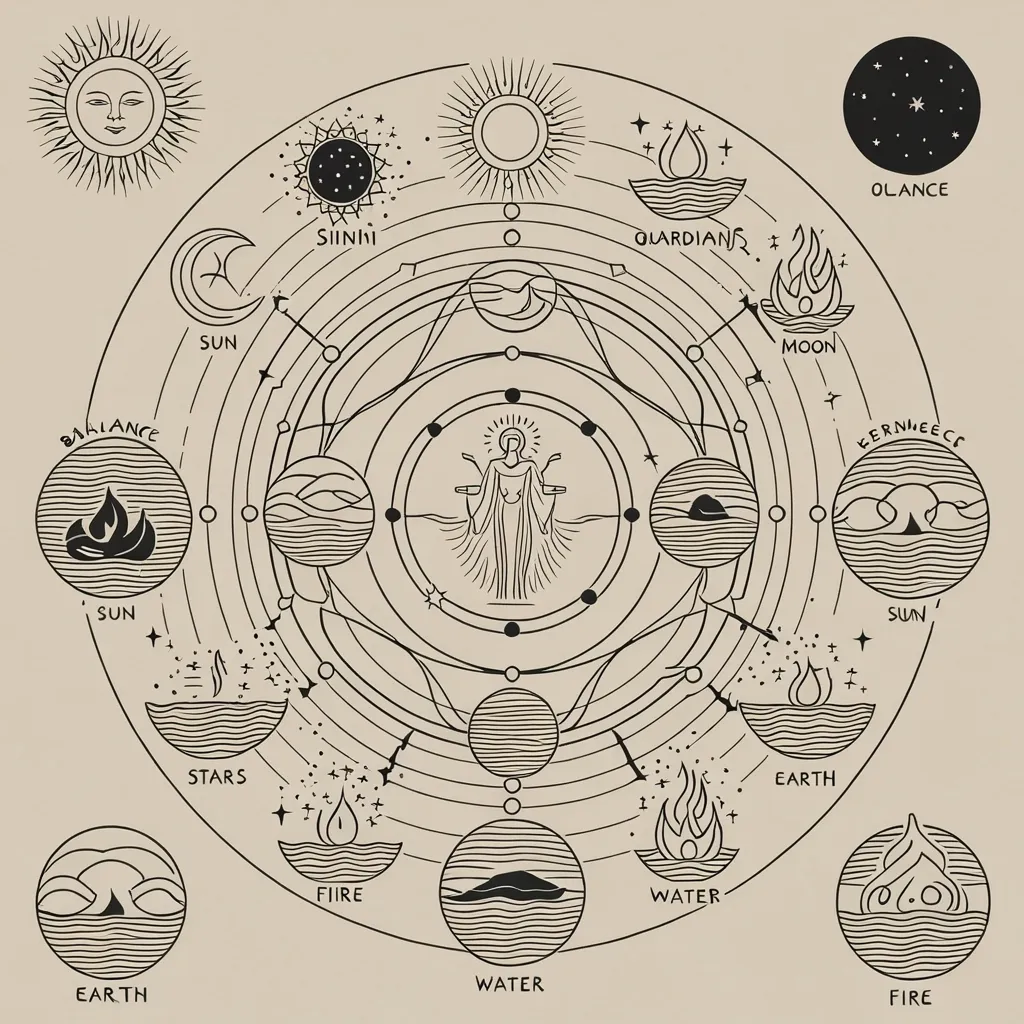In the grand, rich tapestry of Hindu scriptures, the Yajur Veda stands out for its spiritual and philosophical depth. It contains many treasures, but the Pavamana Mantras and Suktas are especially revered. These ancient verses go beyond mere words; they serve as powerful tools for spiritual cleansing and enlightenment.
The Essence of Pavamana
The word “Pavamana” translates to “being purified” or “strained,” often linked with Soma, the divine elixir mentioned in the Vedas. This concept revolves around both physical and spiritual purification. The Pavamana Mantras are recited to summon divine forces to cleanse and purify individuals, prepping them for higher spiritual quests.
The Pavamana Suktam
One of the most revered Pavamana Suktas is found in the Rig Veda. This hymn seeks purification, requesting divine deities to cleanse the soul. The mantra begins with a heartfelt plea:
“By which the devas always purify themselves, with that, having a thousand streams, may the purifiers purify me. May the purification of thousand streams associated with the progenitor of mankind, purify us with such brilliance.”
This is not just a prayer, but a call to align oneself with the divine order, to be rid of all impurities, and to attain spiritual purity.
Purification and Spiritual Growth
Purification is no simple task; it’s a multi-layered process that involves cleansing the body, mind, and spirit. The Pavamana Mantras address this holistic purification by summoning various deities. To give one example, the mantra calls upon Indra, a deity who symbolizes mastery over the senses, to grant purification. This is vital because purified senses can perceive absolute reality clearly.
In practical rituals, this concept comes alive. When visiting a temple, the senses are fully engaged with the divine: the eyes behold the deity and sacred symbols; the ears hear mantras and divine chants; the tongue tastes prasada (food offered to the deity); and the nose smells sacred offerings like sandalwood and saffron. This sensory engagement serves to purify an individual’s perception, aligning it with the divine.
The Three Pavamana Mantras
Another notable set of Pavamana Mantras, from the Bṛhadāraṇyaka Upaniṣad, is celebrated for its simplicity and depth. These three mantras are:
- “Asato mā sadgamaya” - From the unreal, lead me to the real.
- “Tamaso mā jyotirgamaya” - From darkness, lead me to light.
- “Mṛtyormā’mṛtaṃ gamaya” - From death, lead me to immortality.
These mantras encapsulate the human journey from the mundane to the divine; from ignorance to enlightenment; and from mortality to eternal life.
Ritual Applications
Pavamana Mantras play a crucial role in various Vedic rituals, especially those involving Soma. During the Soma sacrifice, these mantras purify the offerings and the participants. The ninth mandala of the Rig Veda, known as the Pavamana Mandala, is dedicated entirely to Soma Pavamana hymns. These hymns ensure that the ritual space and participants are cleansed, preparing them for the divine ceremony.
The Role of Deities
Different deities are invoked during these purification rituals to perform specific roles. For instance, Soma is called upon to purify with well-being and auspiciousness. Varuna, the deity of waters and cosmic order, is invoked for purification through his presence. Yama, the king of death and justice, is asked to purify with strength and compassion. Every deity brings a unique aspect of purification, ensuring a comprehensive cleansing.
Practical Benefits
Reciting Pavamana Mantras and Suktas isn’t just a ceremonial act; it has real, practical benefits. These verses are believed to bring about a peaceful, indestructible life, enhancing mental clarity and making individuals more receptive to spiritual wisdom. Sages reciting these mantras are often blessed with knowledge and clarity, symbolizing spiritual enlightenment.
Conclusion
The Pavamana Mantras and Suktas are a testament to the ancient wisdom found in the Vedas. These sacred verses go beyond mere prayers; they are potent tools for spiritual purification and growth. By reciting these mantras, individuals aim to align themselves with the divine, cleanse their souls, and attain a higher state of consciousness. In today’s chaotic world filled with impurities, these ancient words offer a beacon of hope and a path to spiritual enlightenment.
